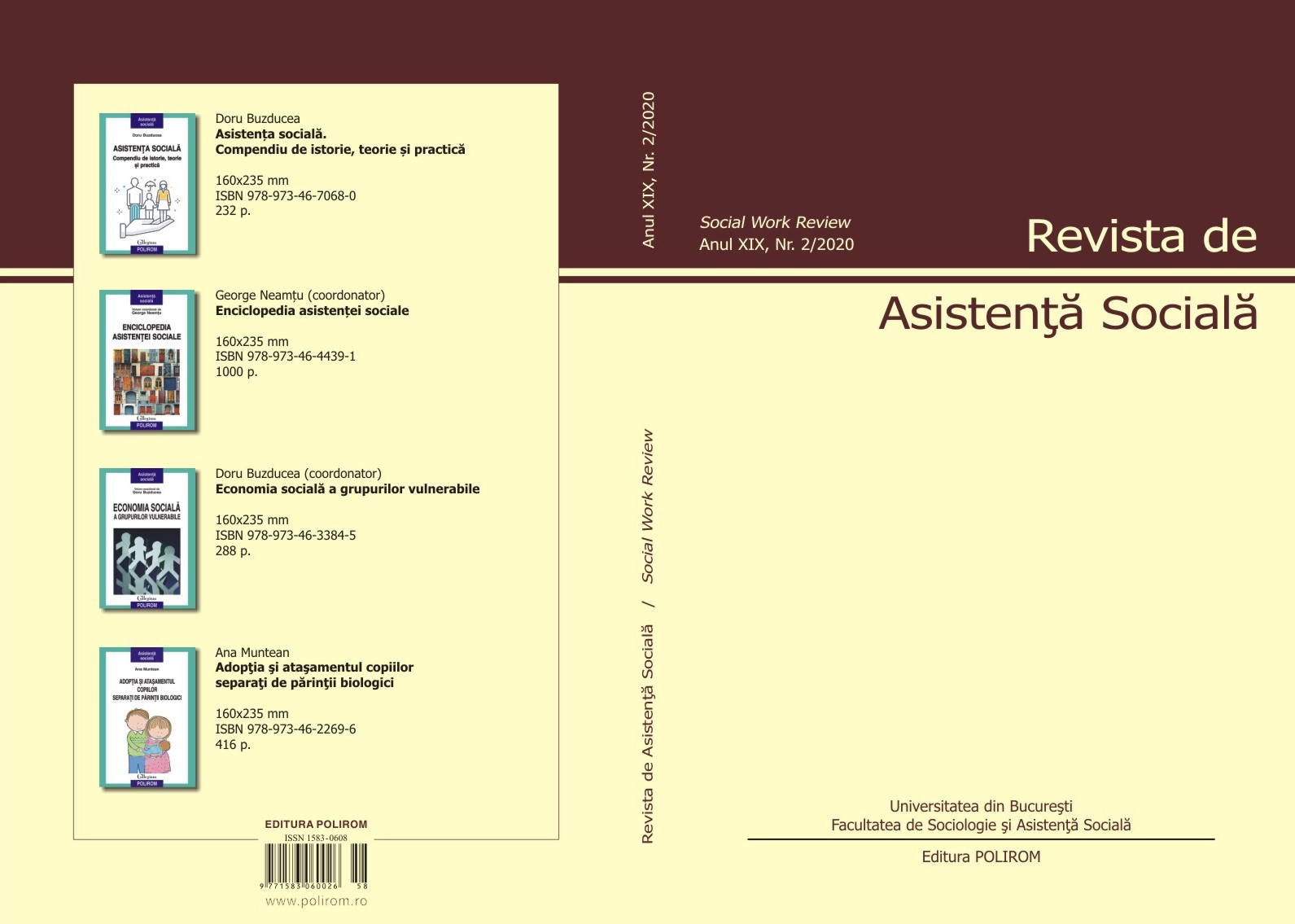On the Relationship Between Self-Rated Hearing and Memory in Romania
On the Relationship Between Self-Rated Hearing and Memory in Romania
Author(s): Corina Ilinca, Stephen J. CutlerSubject(s): Evaluation research, Gerontology, Welfare services
Published by: POLIROM & Universitatea Bucureşti - Dept. de Sociologie şi Asistenţă Socială
Keywords: self-rated hearing; self-rated memory; Romanian disability statistics
Summary/Abstract: Background: The ways people evaluate their hearing and memory are included in many surveys and Censuses across the globe. The United Nations Washington Group on Disability Statistics included self-rated hearing and memory in their short set of questions for measuring disability, as did the World Health Organization in their Model of Disability Survey. In our prior research, we found evidence for a positive and statistically significant relationship between hearing and memory in many countries. Recently we learned that the Romanian Census also included these measures.Research objective: Our principal objective was to investigate the relationship between the two disability measures using Romanian data.Methodology: We used the 2011 Romanian Census data for the population of 65 years of age and older (N=3,155,017). We computed the correlation coefficient between hearing and memory at the bivariate level. At the multivariate level we examined the linear regression relationship controlling for age, gender and marital status.Main results: We found evidence of positive relationships, both bivariate (R=0.436) and multivariate (Beta=0.428) between self-rated hearing and self-rated memory in the entire older Romanian population.Implications: Disability here is defined in terms of hearing and memory. Our data showed that in Romania having difficulties in hearing is likely to coexist with having difficulties in memory. Interactions with people with hearing and memory disabilities – e.g., in an educational setting, at work, at the doctor, in a social work meeting, or in a research setting – should take into account hearing for effective communication and memory.
Journal: Revista de Asistenţă Socială
- Issue Year: XIX/2020
- Issue No: 2
- Page Range: 111-117
- Page Count: 7
- Language: English
- Content File-PDF

